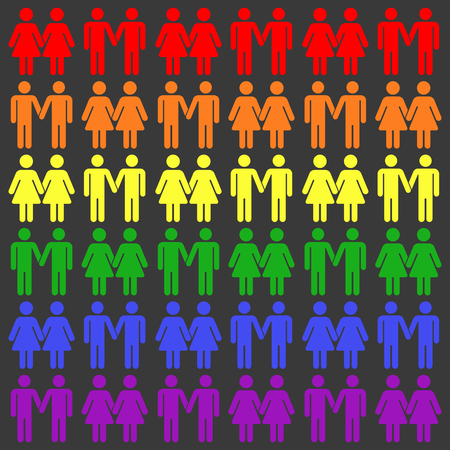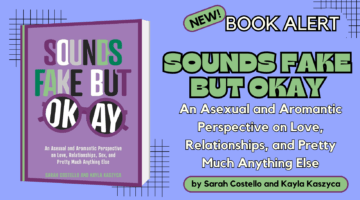People Are More Willing To Have Sex With Bisexuals Than Have Relationships With Them
July 12, 2017 by Justin Lehmiller
Bisexual people, both male and female, tend to be stereotyped negatively. For example, they are often seen as sexually confused, secretly gay, highly promiscuous, and incapable of monogamy. These negative views of bisexuals are held not just by many heterosexual persons, but also by many gays and lesbians as well. A recent study suggests that the popularity of these negative stereotypes could have implications for the sexual and romantic lives of bisexual persons.
In this study, published in the journal Psychology of Sexual Orientation and Gender Diversity, approximately 800 adults from the internet were asked questions about their openness to being sexually and romantically involved with a bisexual individual. The sample included heterosexual, gay, and bisexual men and women. Participants were age 29 on average and mostly White.
Participants were given a series of hypothetical scenarios in which they indicated how willing they would be to (1) have sex with, (2) go on a date with, and (3) have a committed relationship with a bisexual man and (separately) a bisexual woman they thought was attractive. These questions were rated on a 5-point scale ranging from definitely not willing to definitely willing. Given that participants of multiple sexualities took part in this study, those who were only attracted to one sex could select “not applicable” for any of the questions.
What the researchers found was that, on average, participants seemed at least somewhat open to the possibility of a sexual or romantic relationship with an attractive bisexual person. Specifically, the average score for each of the questions was above the midpoint of the scale for all gender and sexual orientation groups, except for heterosexual women.
However, bisexual participants were the most willing to express interest in a bisexual target, whereas both heterosexual and gay participants expressed lower willingness on all questions. In addition, whereas bisexual participants did not differ in their willingness to have a sexual vs. romantic relationship with a bisexual target, heterosexual and gay participants did. Specifically both heterosexual and gay participants said they would be more willing to have sex with or date someone who was bisexual than they would be to have a committed relationship with a bisexual person.
It is worth mentioning that the willingness ratings provided by gay and heterosexual men did not significantly differ from one another, meaning gay and straight guys were about equally interested in bisexuals. By contrast, the ratings provided by lesbian and heterosexual women did differ, such that heterosexual women reported lower levels of willingness on all questions relative to lesbians.
These findings are limited in the sense that they only took into account people’s willingness to pursue sexual and romantic relationships with hypothetical bisexual targets. We know from other research that what people say they would do does not always match up with what they actually do when it comes to relationships.
In addition, these results do not necessarily tell us where heterosexual and gay participants’ lessened interest in bisexuals comes from, or why they gave different answers to the sex and relationship questions. While biphobia seems like a plausible explanation, we can’t point to it with certainty. To do so, the researchers would have either needed to measure bisexual prejudice or belief in bisexual stereotypes, or include willingness ratings for targets of other sexualities (to show that heterosexuals, for example, are less interested in bisexual persons than they are in other heterosexuals).
Nonetheless, the fact that gay, lesbian, and heterosexual persons made such a clear distinction between willingness to have sex vs. willingness to have a committed relationship with bisexuals points to the common stereotype about bisexuals making unsuitable relationship partners as a very probable explanation.
For a look at research debunking some common stereotypes about bisexuality, check out this article.
Want to learn more about Sex and Psychology ? Click here for previous articles or follow the blog on Facebook (facebook.com/psychologyofsex), Twitter (@JustinLehmiller), or Reddit (reddit.com/r/psychologyofsex) to receive updates.
To learn more about this research, see: Feinstein, B. A., Dyar, C., Bhatia, V., Latack, J. A., & Davila, J. (2014). Willingness to engage in romantic and sexual activities with bisexual partners: Gender and sexual orientation differences. Psychology of Sexual Orientation and Gender Diversity, 1(3), 255-262.
Image Source: 123RF/microone
You Might Also Like:

Dr. Justin Lehmiller
Founder & Owner of Sex and PsychologyDr. Justin Lehmiller is a social psychologist and Research Fellow at The Kinsey Institute. He runs the Sex and Psychology blog and podcast and is author of the popular book Tell Me What You Want. Dr. Lehmiller is an award-winning educator, and a prolific researcher who has published more than 50 academic works.
Read full bio >


